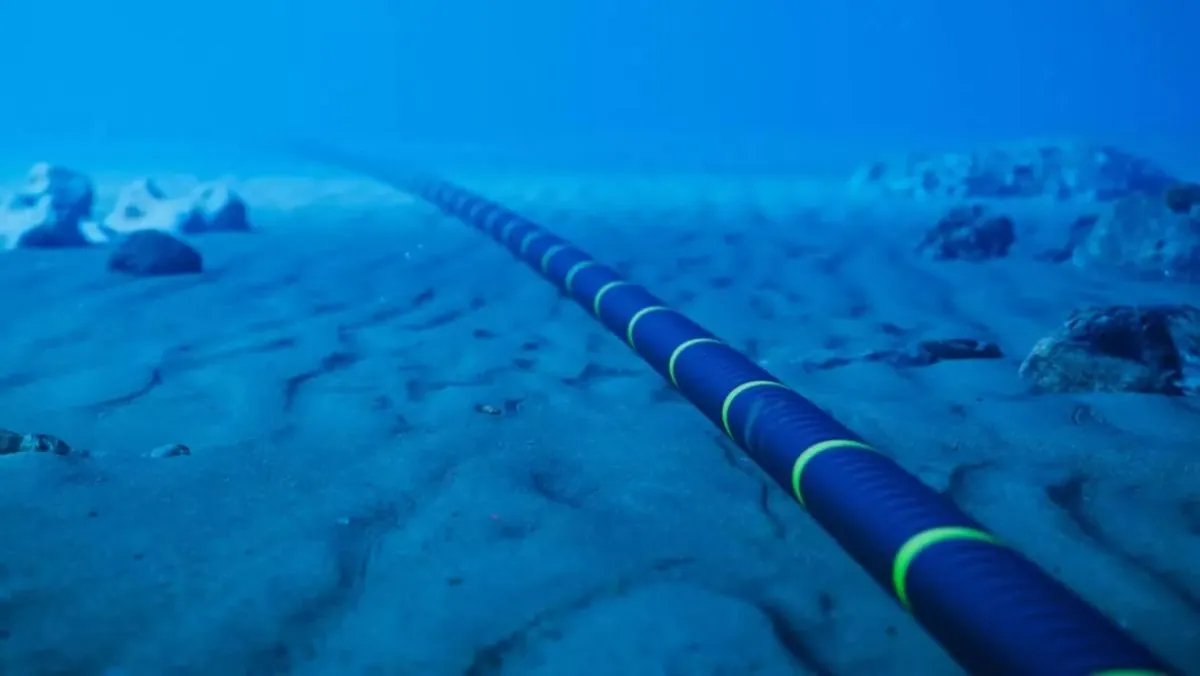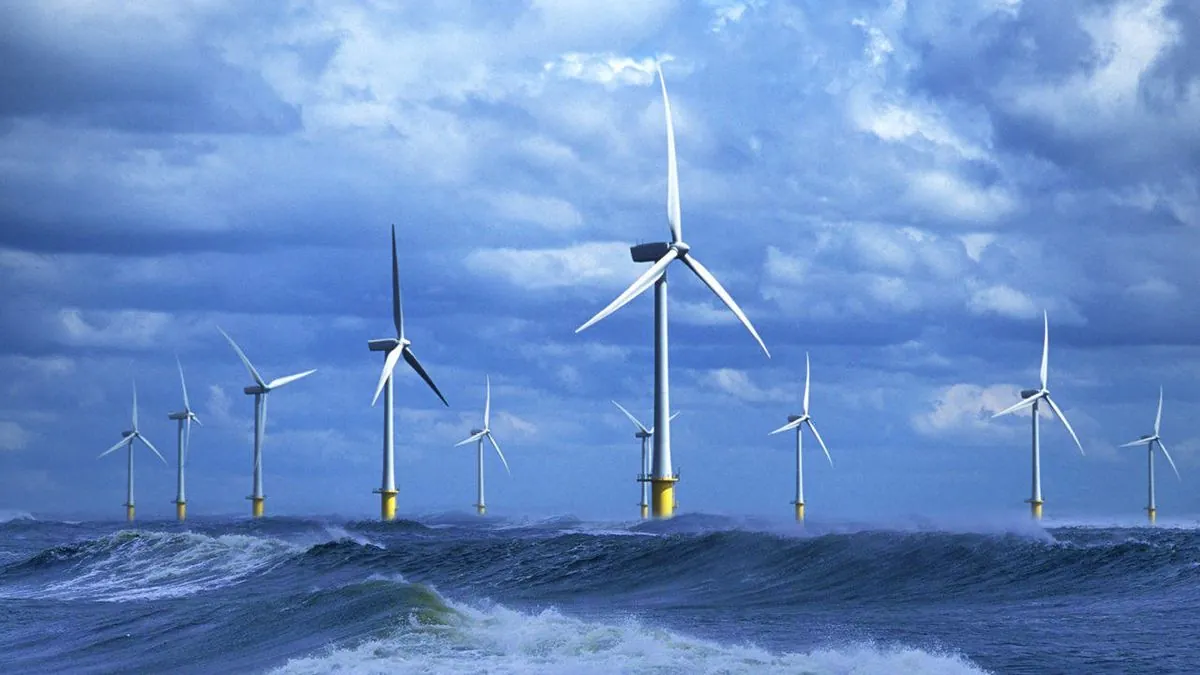Black Sea Power Line Project Launched to Boost EU's Renewable Energy
Romania, Hungary, Georgia, and Azerbaijan initiate a joint venture for an undersea power line, aiming to enhance EU energy security and promote renewable sources. The project gains momentum amid efforts to reduce Russian energy dependence.

Romania, Hungary, Georgia, and Azerbaijan have embarked on a groundbreaking initiative to enhance energy security and promote renewable sources in the European Union. On September 3, 2024, these nations launched a joint venture to install an underwater power line across the Black Sea, the world's largest inland body of water covering 436,400 km².
This ambitious project, initially approved by the leaders of the four countries in 2022, has gained significant momentum in the wake of geopolitical tensions. The power line aims to connect Azerbaijan, a nation rich in oil and gas resources known as the "Land of Fire," to EU members Romania and Hungary via Georgia.
The strategic importance of this venture cannot be overstated. Sebastian Burduja, Romania's Energy Minister, emphasized the project's role in diversifying energy sources and potentially reducing electricity costs for consumers. Romania, which joined the EU in 2007 and possesses the largest oil reserves in Central and Eastern Europe, stands to benefit significantly from this initiative.

Parviz Shahbazov, Azerbaijan's Energy Minister, highlighted the dual benefits of the project: enhancing energy security and addressing climate change concerns through renewable energy utilization. Azerbaijan, the largest country in the Caucasus region, aims to increase its renewable energy capacity to 30% by 2030, with substantial potential for wind farms in the Caspian Sea, the world's largest inland body of water.
The project aligns with the EU's energy policy, which focuses on sustainability, competitiveness, and security of supply. The EU's renewable energy directive targets 32% renewable energy by 2030, making this Black Sea power line a crucial step towards achieving this goal.
Hungary, an EU member since 2004, stands to gain from this project as it currently relies heavily on Russian energy, with approximately 85% of its gas imports coming from Russia. This new power line could significantly reduce this dependence.
While not an EU member, Georgia plays a vital role in this project. The country, which has an association agreement with the EU, possesses significant hydroelectric power potential, further contributing to the renewable energy aspect of the initiative.
Interestingly, Bulgaria, which joined the EU in 2007 alongside Romania, has shown interest in joining this infrastructure project. The next meeting to discuss the project's progress is scheduled to take place at the UN climate change conference in Azerbaijan later this year.
As the Black Sea has been a strategic waterway since ancient times, this modern power line project continues its legacy of connecting nations and fostering cooperation. The initiative not only promises to strengthen energy security but also demonstrates a commitment to sustainable development and climate action in the region.


































